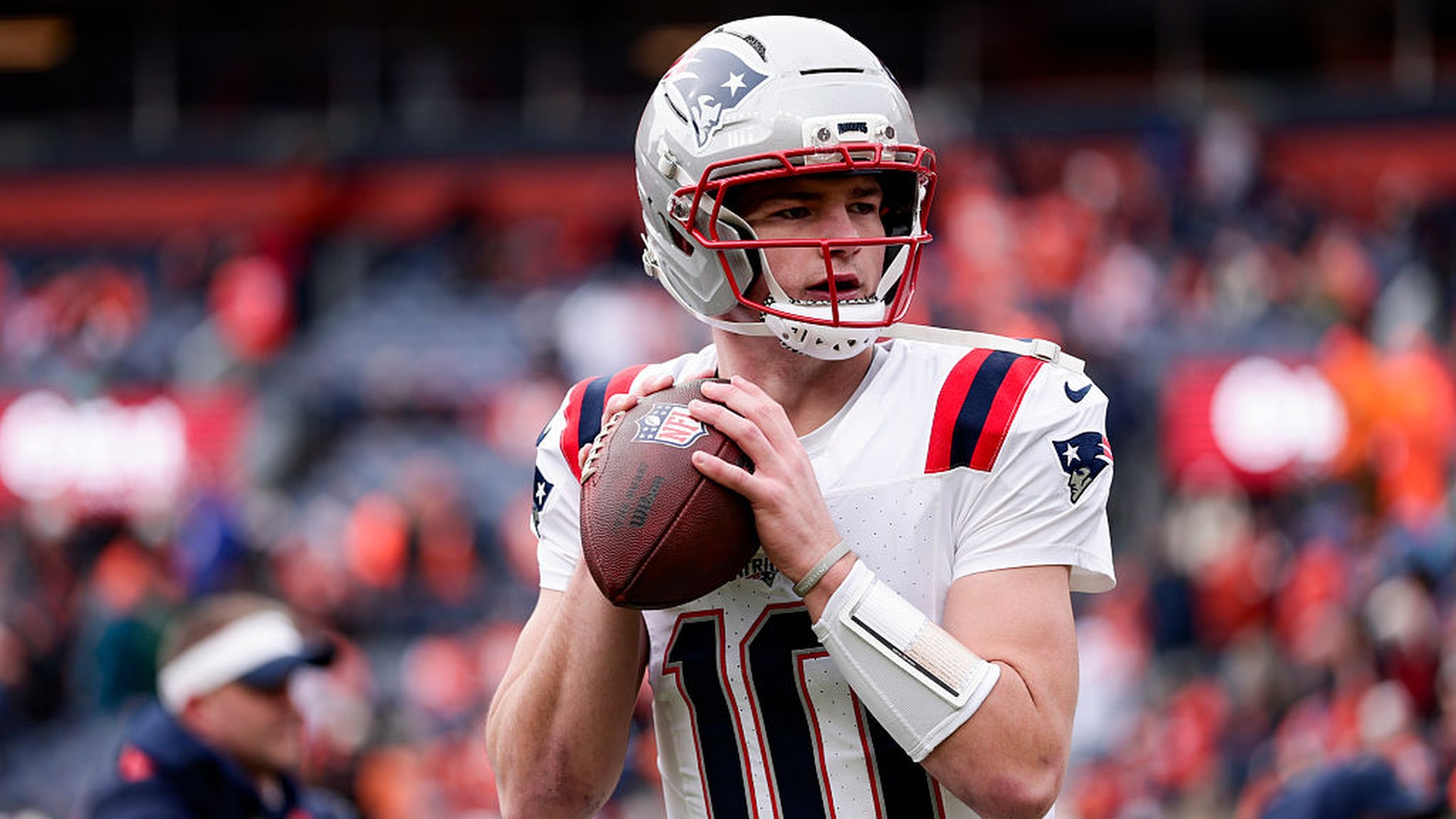Paddy McGuinness and his wife Christine on raising their three autistic children
Paddy McGuinness and wife Christine talk candidly in new BBC documentary.
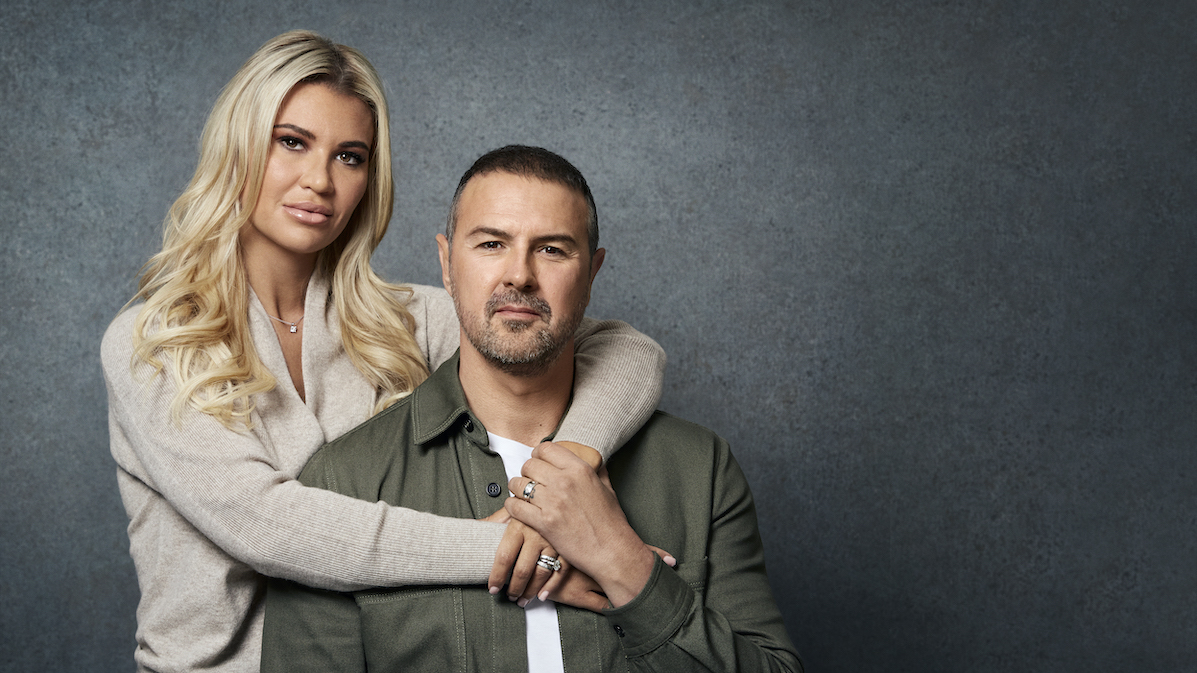
The latest updates, reviews and unmissable series to watch and more!
You are now subscribed
Your newsletter sign-up was successful
Want to add more newsletters?

ONCE A WEEK
What to Watch
Get all the latest TV news and movie reviews, streaming recommendations and exclusive interviews sent directly to your inbox each week in a newsletter put together by our experts just for you.

ONCE A WEEK
What to Watch Soapbox
Sign up to our new soap newsletter to get all the latest news, spoilers and gossip from the biggest US soaps sent straight to your inbox… so you never miss a moment of the drama!
Paddy McGuinness and his wife Christine are parents of twins Leo and Penelope, eight, and five-year-old Felicity. Over the past four years, all three children have been diagnosed with autism, a condition that means they have a different way of understanding others and the world around them.
Now, a new BBC1 documentary, Our Family and Autism follows model Christine and Top Gear presenter Paddy as they learn more about autism and talk candidly about their personal experiences.
Here Paddy and Christine McGuinness share their story...
What were the early days like before you knew the twins were autistic?
Paddy: They were really tough, they didn’t sleep and they had meltdowns about loud noises and bright lights. Nothing we did helped. No-one around us had babies or kids that age, so we presumed all the stressful things that were happening were just normal.
Christine: I remember my mum coming to visit when the twins were almost three. She said, ‘I just think something’s not right.’ And I was like, ‘What are you on about? They’re perfect. They’re amazing.’ And she said, ‘They’re not speaking, they’re not eating solid food.’ All those milestones they should have been hitting, they weren’t.
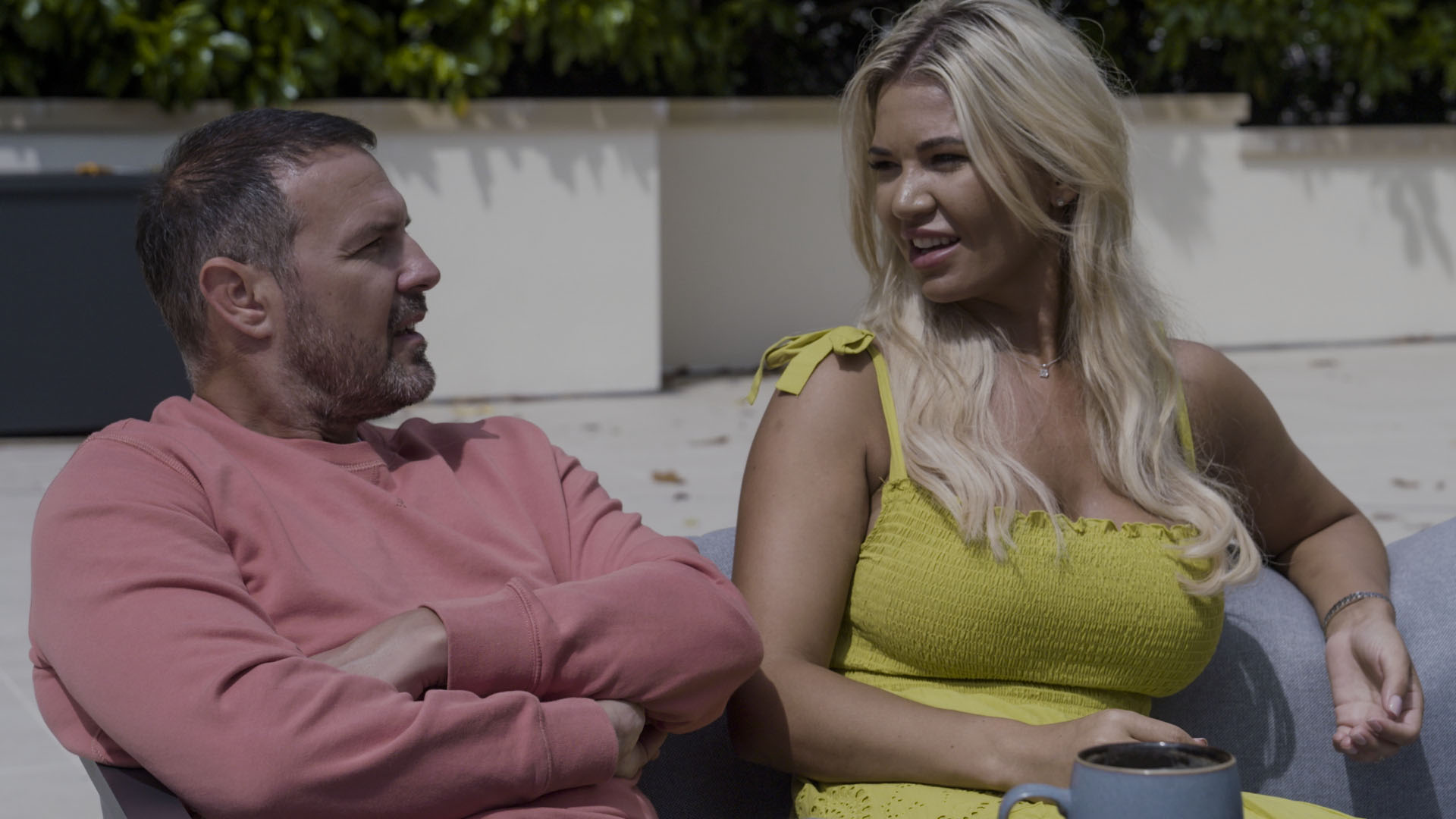
How did you feel when they were diagnosed in 2017?
Christine: I was so shocked. I was convinced the pediatrician was wrong. I saw the signs and symptoms but I thought, ‘That’s just how they are’.
Paddy: I found it hard to come to terms with. Our eight-year-old twins have the same understanding as most four-year-olds and that gap seems to get wider with age. When we were told that they might have difficulty recognising emotion, I thought, ‘Will they ever know how loved they are?’ Making this film, I wanted to confront some of the realities I’ve been avoiding. I was scared but fear comes from a lack of knowledge.
The latest updates, reviews and unmissable series to watch and more!
What has been your way of coping?
Paddy: Christine accepted the diagnosis quite quickly and threw herself into finding out everything she could to support the children. I found it much harder and didn’t talk about it, not even to Christine. I got so down at the beginning I had to see a therapist and was diagnosed with clinical depression. It dawned on me, that’s it forever. There’s no, ‘Well, they’ll get better as the years go on.’ In that haze of depression, if you’d given me the option to take autism away from my children, I'd have said, ‘Yeah’ but autism is part of who they are. Why would I want to take away part of my children, who I love?
Christine: I was so upset at first but once I understood more about it, I realised the diagnosis didn’t change our children at all or who they are.
What are some of the daily challenges you have?
Paddy: I constantly have a bit of a knot in my stomach when I’m out with the kids, just waiting for something to happen. I remember being with Leo and someone coming into a public toilet and putting the hand-drier on, it was a disaster. If people used to mention the word autism, I’d be like, ‘I don’t want to think about it, I don’t want to speak about it.’ But now I'm finally talking about it, I just wish I hadn’t spent so much time trapped by the fear of it all.
Christine: It’s challenging and it’s difficult at times but these children were wanted and are loved.
Paddy, you say in the documentary you worry about your children starting secondary school...
Paddy: Yes, one of my biggest worries is bullying and other kids seeing something that they don’t recognise. If you’ve got a kid at school in a wheelchair, the school will have a ramp, rails, whatever it is to help that child. With autism you can’t really put one thing in place because it’s so different with every single person. I went to visit Sedgefield Community College, a school that has a great reputation for being brilliant for both neurotypical and neurodiverse kids. It’s not a specialist school, it’s your standard comp. I met Amy, the special educational needs teacher, and some of the pupils with autism to find out more.
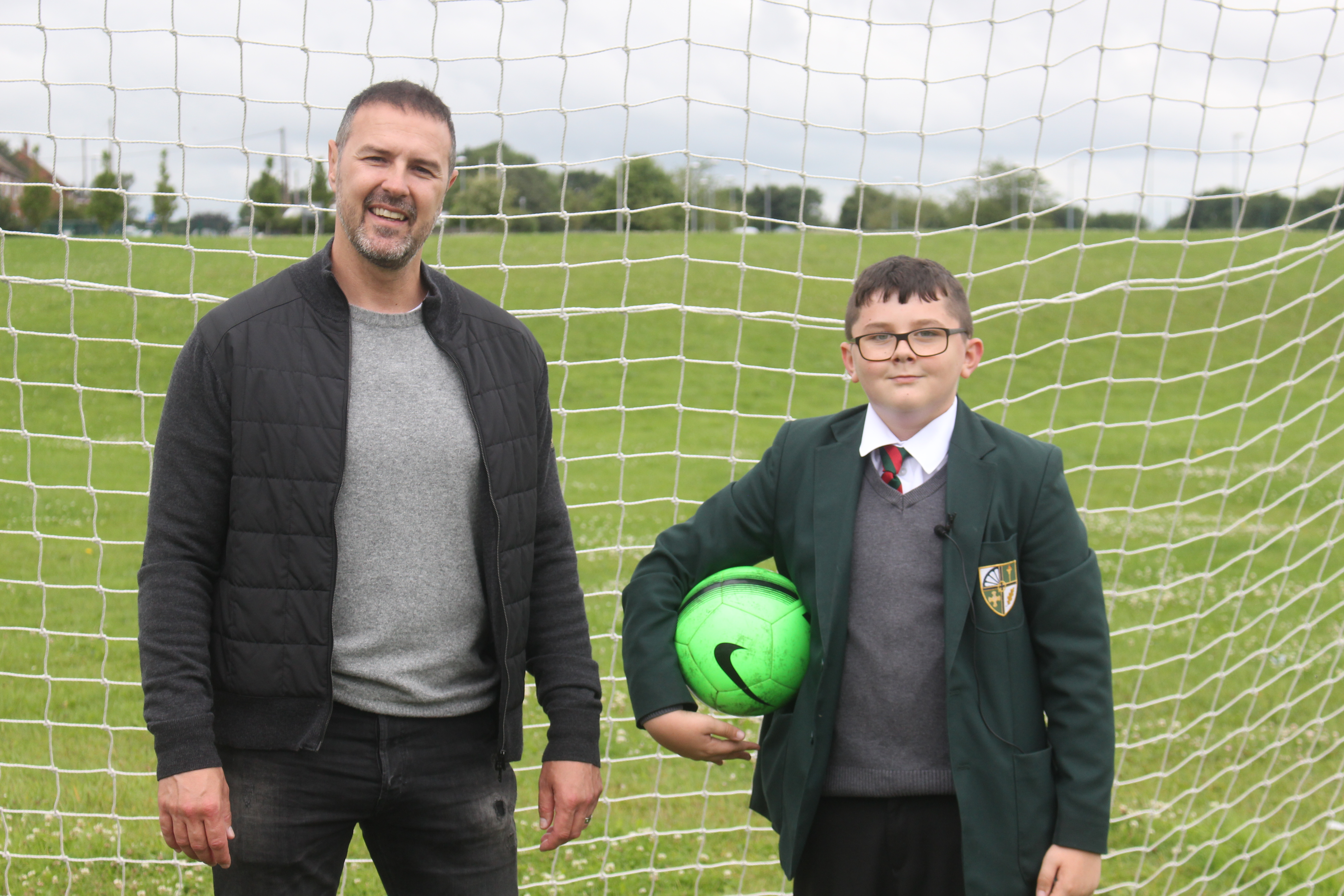
What was that experience like?
Paddy: It was great. I hope every school starts to think like Sedgefield because they’re opening kids' minds to the idea that we all think differently. It means the next generation will have an understanding of autism that my generation never did and that’s really encouraging.
Autism has genetic links. In the documentary we see you both deciding to do an AQ screening (Autism Spectrum Quotient) that measures autistic traits. Why did you want to be tested?
Christine: I see a lot of my own traits in the children. I usually try to mirror whoever I’m around or act in a way that I consider is like everyone else to fit in, but I still don’t fit in. In my 20s I had about 8 years of staying in and avoiding contact with anyone. School was really difficult.
I struggled and left when I was 14 and had an eating disorder but it wasn’t about body image - it was the texture, the smell, the taste, everything around food. I didn’t like anything to do with food which is an autistic trait. I scored really highly on the test and was diagnosed with autism. My focus is always on the kids, so if me having a diagnosis can in any way help them, then that is brilliant.
I'm fine with being autistic: it's just exhausting. I feel like I'm difficult for everyone like I'm a pain and that's something I never want the children to feel.
Paddy: When Christine got the diagnosis, I was relieved for her because it seemed to me like it was a massive weight off her shoulders.
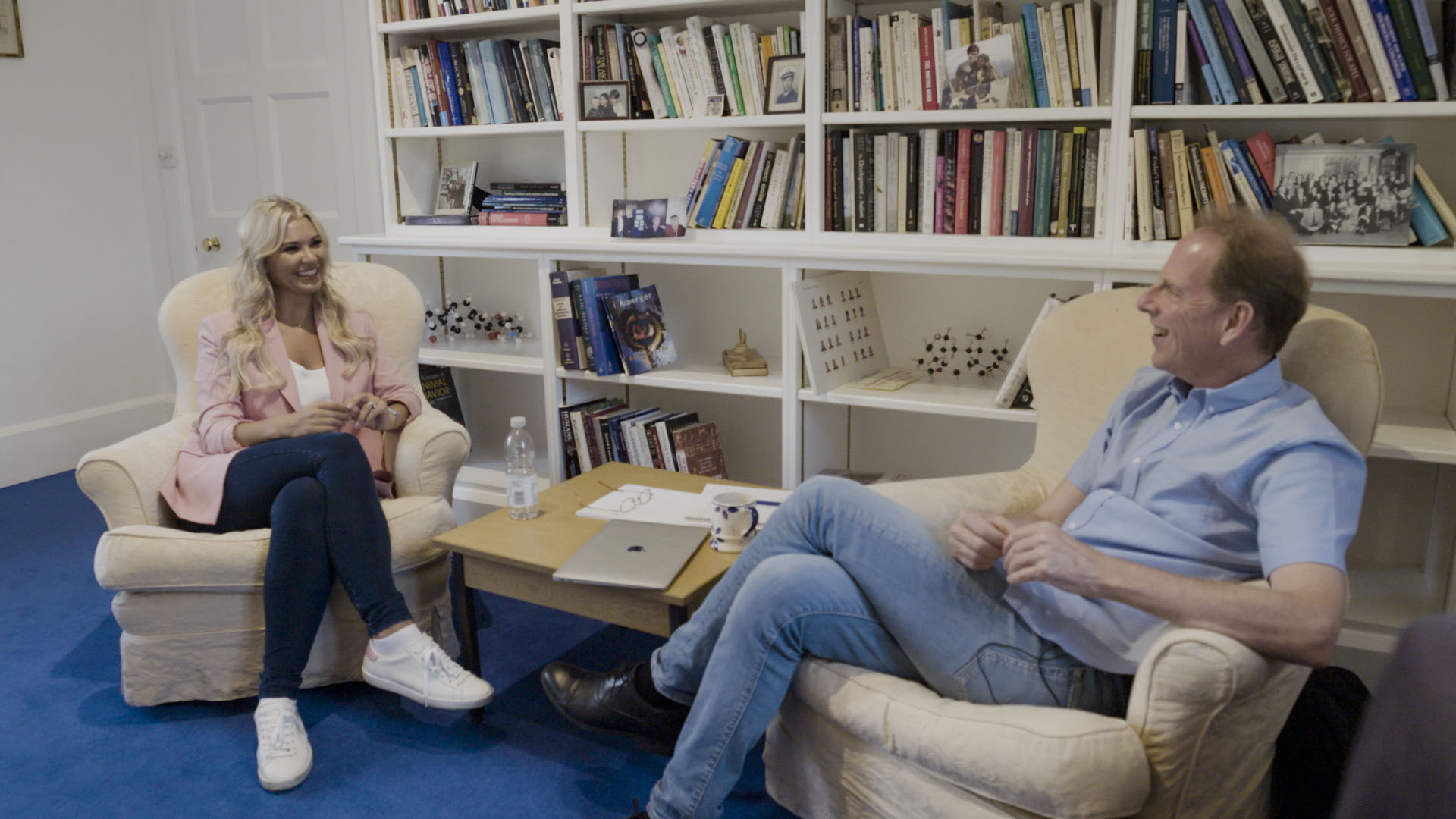
How do you both feel about the future?
Christine: There’s nothing wrong with our children, it’s just everyone around who needs to understand and accept them for it.
Paddy: I never want my kids to feel like they have to hide who they are. All I ever really wanted was to understand our family better and feel more positive about the future. I've got three amazing kids with autism, I've got a wife who's autistic and I feel blessed and equipped for life going forward. This is my gang, my family and I wouldn’t change it for the world.
Our Family and Autism airs on BBC1 on Wednesday, Dec 1 on BBC1 at 9pm.
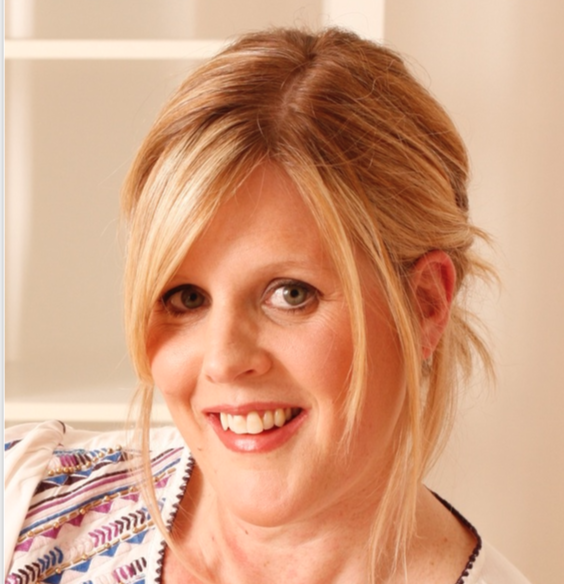
Tess is a senior writer for What’s On TV, TV Times, TV & Satellite and WhattoWatch.com She's been writing about TV for over 25 years and worked on some of the UK’s biggest and best-selling publications including the Daily Mirror where she was assistant editor on the weekend TV magazine, The Look, and Closer magazine where she was TV editor. She has freelanced for a whole range of websites and publications including We Love TV, The Sun’s TV Mag, Woman, Woman’s Own, Fabulous, Good Living, Prima and Woman and Home.

